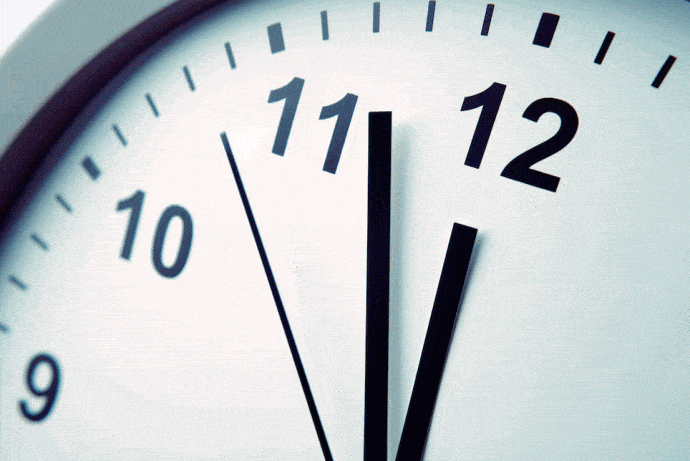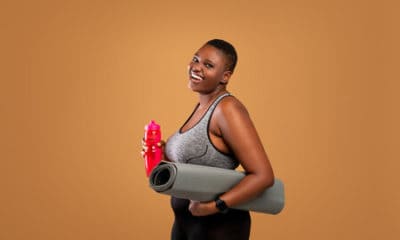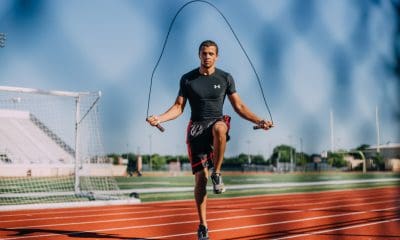Goodbye Sports Drinks: 7 Foods To Boost Energy Instead
March 3, 2017 7:00 AM EST | 6 min read
Post-workout, dry-mouthed, and hungry, how many times have you found yourself reaching for a brightly-colored, flavorful sports drink?
Before you sip, though, think of this:
Not only are you drinking multiple teaspoons of sugar, you’re also consuming a cocktail of additives and artificial flavors.
Let’s break this down.
Did you know that a 600-milliliter bottle of orange Gatorade has more than nine teaspoons of sugar?
Even a seemingly “healthier” option, like Vitamin Water, has roughly the same amount of sugar as most commercial sports drinks.
Flavor enhancers, magnesium carbonate (used in gym chalk), monopotassium phosphate, acidity regulator (330), and “Sunset Yellow” artificial coloring, are also among the list of questionable ingredients in these fluorescent drinks.
So twist the bottle cap closed and opt for a fresher type of fuel instead.
Think: foods to boost energy with less sugar and calories.
Why Proper Refueling After a Workout Is Important
In order to understand WHY post-workout nutrition is so crucial, let’s talk about how physical activity actually affects the body.
When you work out, your muscles use up, and deplete their storage of glycogen.
It also breaks down and damages certain proteins in the muscles.
Then, even after your intense sweat session, your body keeps working for up to 24 hours afterward.
During that time, it continues to burn calories, build muscles, and restore glycogen.
What you feed your body post-workout helps with all of those things.
Foods To Boost Energy In Your Body
Rather than popping the top off of a sports drink, focus on nourishing your body with muscle-building protein and glycogen-replenishing carbohydrates.
Check out these seven foods to boost energy that are far better alternatives.
They’ll give you the edge you need in order to power on and recover well, so that you’re ready for your next workout.
1. Bananas
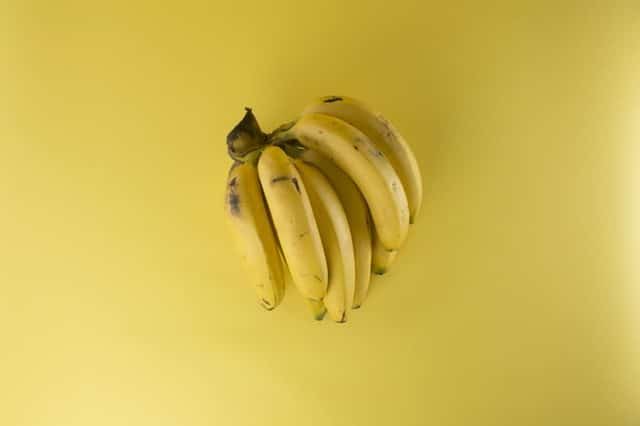
Fact: bananas are just as effective as a post-workout fuel as a sports drink.
One study found that when 14 trained cyclists drank water and ate a banana during a 75 kilometer time trial, there was NO difference in their performance when compared to doing the same time trial after drinking a commercial sports drink.
So why take on the extra nasties?
Plus, a banana has the added benefit of antioxidants, fiber, potassium, and vitamin B6, along with a healthy blend of sugars.
Supplement your water with a banana (hydrating and refueling at the same time) as great foods to boost energy.
Or even better, mix it in a smoothie for some extra protein.
2. Chocolate Milk
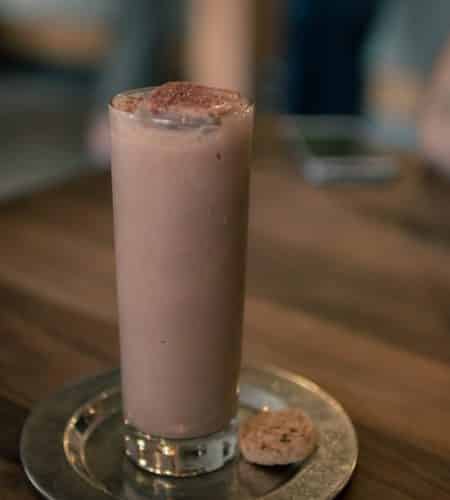
Got chocolate milk?
If you’re an athlete, the answer should most definitely be, “Yes!”
There are more than 20 scientific studies touting the recovery benefits of drinking milk after a workout.
A 2014 study of collegiate swimmers, for example, found that when they refueled and recovered after a hard morning swim with chocolate milk, they performed better during a hard afternoon workout, compared to when they consumed a commercial sports drink.
Like I mentioned above, the magic is in the combination of carbohydrates and protein – a secret four-to-one ratio which helps stimulate muscle growth after exercise.
Chocolate milk is also rich in potassium, calcium, and vitamin D.
If you avoid dairy, ditch the cow’s milk and fill your bottle up with almond or coconut milk instead.
Plus, to make it even better for you, opt for dark vs. milk chocolate, awesome foods to boost energy.
Also read these delicious chocolate quotes that will make your mouth water.
3. Coconut Water
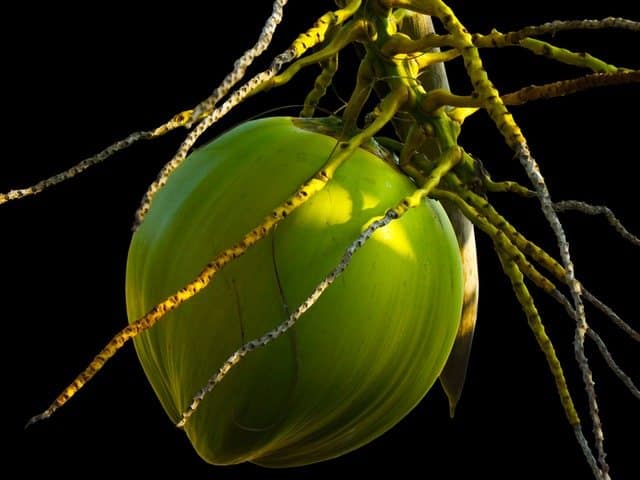
Coconut water is a natural way to re-hydrate and one of the best foods to boost energy.
It’s also backed by science as being just as effective as a sports drink for re-hydration and performance.
Better yet, coconut water is rich in potassium, antioxidants, and electrolytes.
It’s also comparatively lower in carbohydrates than soft drinks, giving you just what you need and nothing more.
Have a fresh coconut?
Mix in some pulp for a more satisfying post-workout refuel.
4. Baking Soda

A baking soda spritzer, as bizarre as it sounds, can do wonders to counteract the buildup of lactic acid that causes the “burn” felt after our muscles have been worked to capacity.
According to the International Journal of Sports Medicine, they suggest that adding baking soda to water after intense bouts of cardio can further prevent stiffness the following day.
It may sound gross, but try adding a teaspoon into your water or juice.
5. Honey
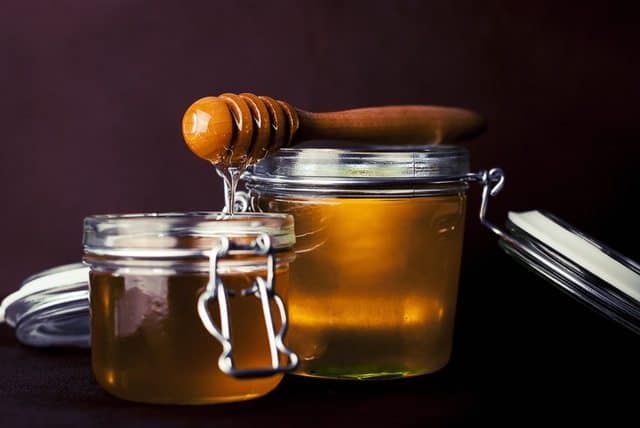
The food source for busy bees, honey, is a natural carbohydrate source for those on the go, and scientifically proven to be just as effective as consuming a sports drink for fuel.
The unique combination of natural sugars in honey – glucose, fructose and maltose – are absorbed into the bloodstream at slightly different rates.
Plus, its moderate glycemic index of 43 avoids sharp peaks in blood sugar and energy.
Known to have healing properties, honey also reduces the cellular and metabolic stresses of anaerobic exercise.
Add some to your tea, or try a teaspoon-full straight up.
It’s one of the foods to boost energy that’s also sweet and satisfying.
6. Raisins
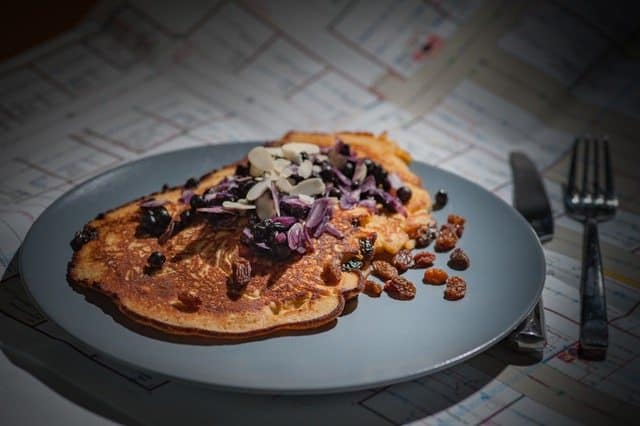
Along with sports drinks, many people snack on sports gels before or after their workout.
They’re basically little carbohydrate gels that provide athletes energy and help speed up the recovery process.
While sports gels, also called endurance gels, are commonly used by runners, cyclists, and triathlon athletes, studies show all-natural raisins are just as beneficial.
In one study, researchers found trained cyclists who munched on dried grapes sustained their energy and performance level just as well as those who snacked on sports gels.
7. Watermelon Juice
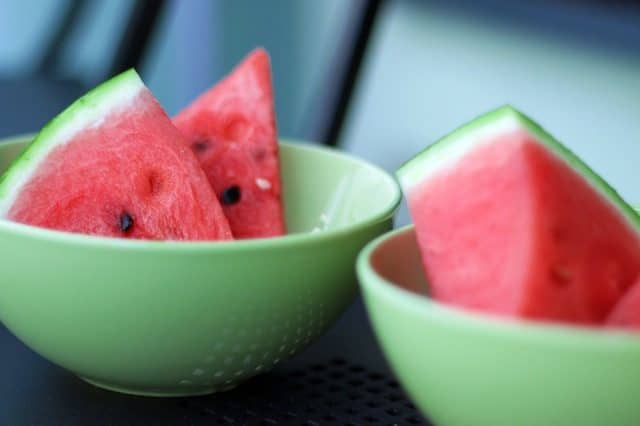
Sure, watermelon is mostly made of water and it’s high in natural sugars.
But the popular summer fruit is now being touted as a miracle recovery food.
Researchers from the Universidad Politécnica de Cartagena in Spain studied the effects of watermelon juice on post-exercise muscle soreness – and what they found looks promising.
During the study, participants were given one of three juices – natural watermelon juice, watermelon juice enhanced with the amino acid L-citrulline, or a placebo drink.
After a one hour workout, athletes who drank both watermelon juices reportedly experienced less muscle soreness and reduced recovery heart rate.
How Soon After Your Workout Should You Eat?
According to researchers, your body’s ability to rebuild glycogen and repair muscles is most effective within 45 minutes of working out.
So pack these powerful foods to boost energy in your gym bag and give your taste buds a treat!
Article Adapted from: Theflexiblechef.com

